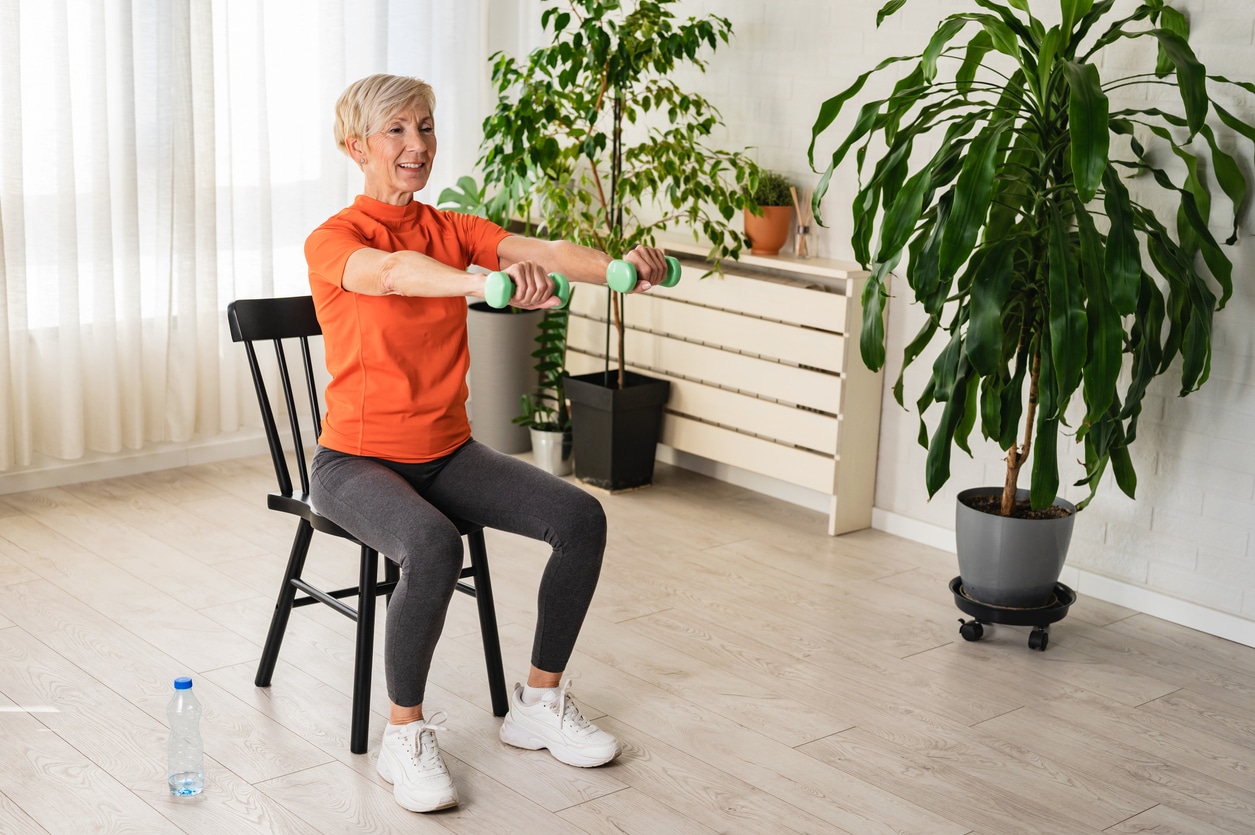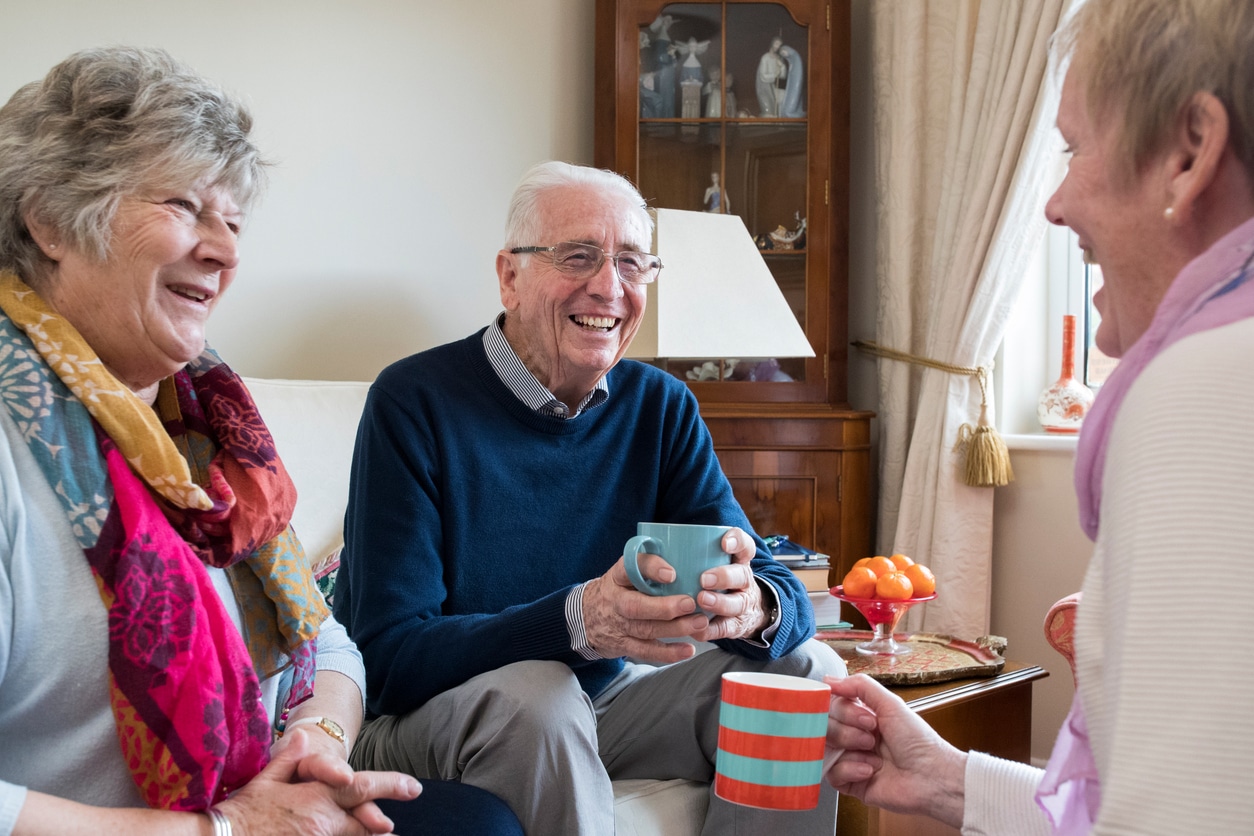As we age, managing chronic conditions becomes an essential part of maintaining a fulfilling and healthy lifestyle. Conditions like chronic pain, diabetes, and heart disease may require ongoing treatment, but managing them isn’t solely about medication or medical interventions. Staying active and maintaining a balanced diet can play a significant role in improving your overall well-being and quality of life.
The Power of Staying Active
Staying active can be challenging, especially for seniors with mobility issues or chronic conditions. However, incorporating regular movement into your routine—even in small ways—can have profound benefits for both physical and mental health.
Walking
A daily walk is one of the simplest and most accessible forms of exercise. Whether it’s a brisk stroll or a slower pace with the help of a walker, walking helps improve lung capacity, boosts mood, and builds endurance. It’s also an excellent way to connect with others—invite a friend or join a walking group for added social interaction.
Swimming
Swimming is a full-body exercise that’s gentle on the joints. You don’t need to swim laps to see results; even moving your arms and legs while seated in the water builds strength and flexibility. It’s a fantastic aerobic activity that supports heart health, circulation, and weight management.
Yoga and Stretching
Regular stretching or yoga enhances flexibility, alleviates pain, reduces stress, and improves posture. Start with simple movements and gradually progress—every little bit helps. Stretching can also improve sleep quality and reduce the risk of falls.
Dancing
Dancing combines physical activity with social engagement, making it a fun and effective way to stay active. Whether you’re learning new steps or simply moving to the rhythm from a seated position, dancing lifts your spirits and helps combat loneliness and isolation.
Strength Training
Incorporating light hand weights or ankle weights into your routine can significantly improve strength and functional mobility. Stronger muscles help prevent falls, support quicker recovery if they do occur, and make everyday tasks like carrying groceries or household chores easier.
The Connection Between Activity and Mental Health
Physical activity isn’t just about the body—it benefits the mind as well. Seniors often face loneliness and isolation, which can lead to depression and a decline in health. Regular activity fosters a sense of purpose, improves mood, and creates opportunities for social connections. Even solo activities can lift your spirits and provide a sense of accomplishment.
Additionally, group activities such as yoga classes or walking clubs offer more than physical benefits—they also encourage camaraderie and build a sense of community. Knowing you’re not alone in your efforts can provide a significant mental and emotional boost.
The Role of Nutrition in Managing Chronic Conditions
A healthy diet is just as crucial as physical activity when managing chronic conditions. Proper nutrition provides the energy needed to stay active, supports mental health, and helps manage symptoms.
- Focus on fresh, whole foods: Incorporate plenty of fruits, vegetables, whole grains, and lean proteins into your meals.
- Avoid processed and fast foods: These often contain excess sugar, sodium, and unhealthy fats that can worsen chronic conditions.
- Stay hydrated: Drinking enough water is essential for overall health and vitality.
For seniors living alone, cooking can feel like a chore, leading to reliance on quick, less nutritious options. Planning simple, balanced meals or seeking support from meal services can ensure you’re getting the nutrients you need.
It’s Never Too Late to Start
Whether you’re managing a chronic condition or simply looking to stay active as you age, it’s never too late to take the first step. Start small, be consistent, and celebrate your progress. A combination of regular activity and a healthy diet can make a world of difference in how you feel, both physically and mentally. Take charge of your health—your golden years can be some of your best!




